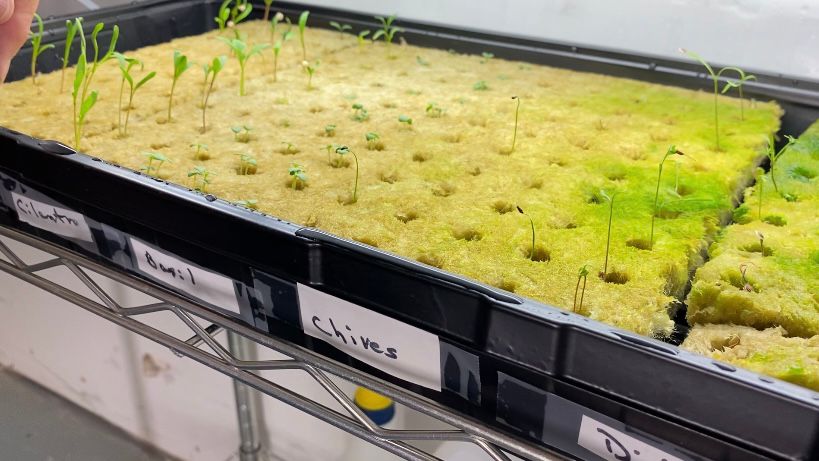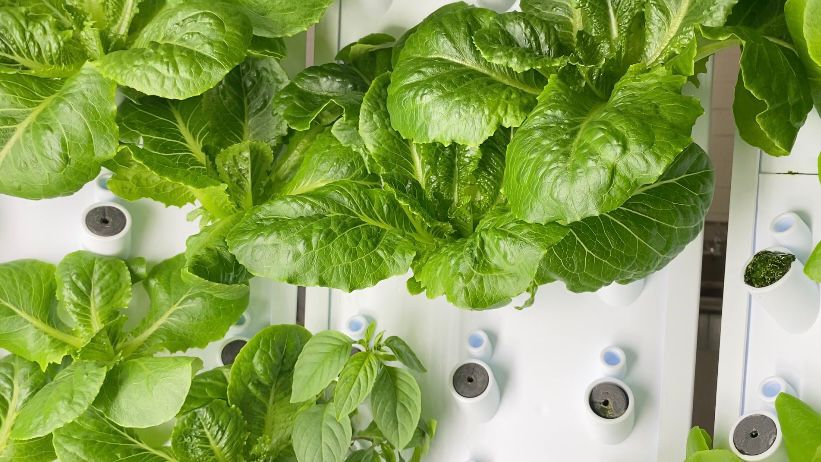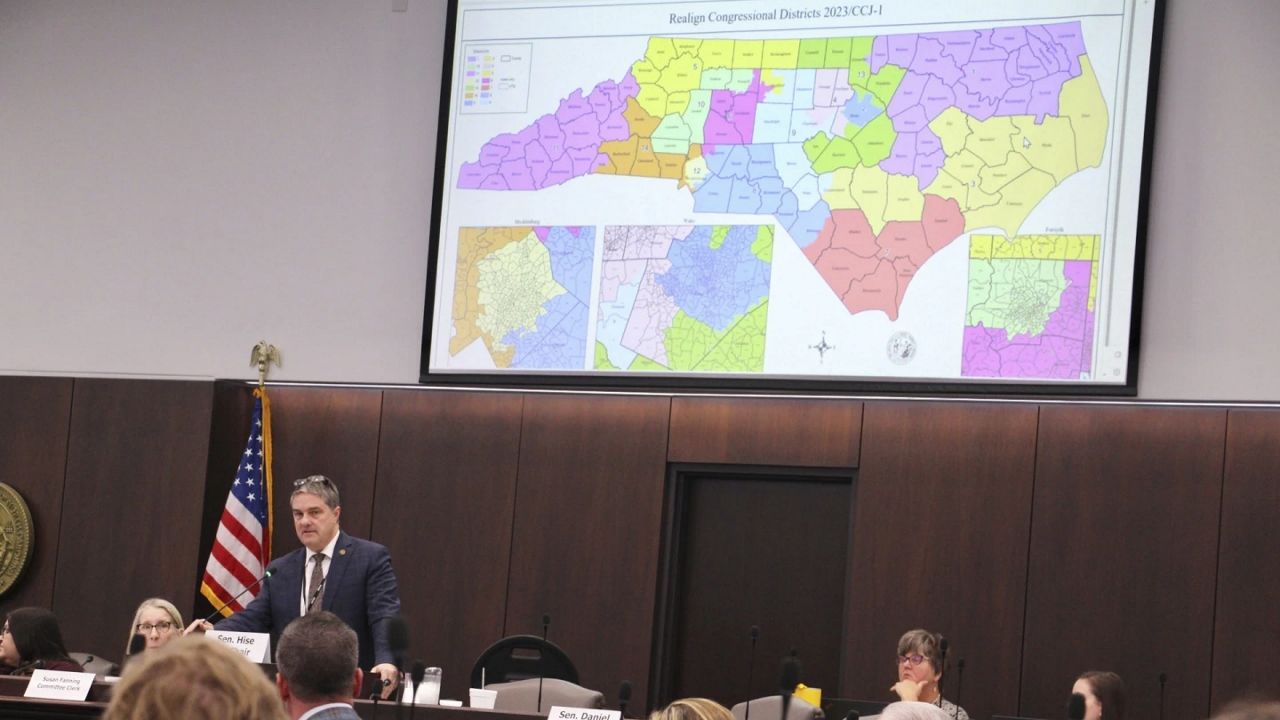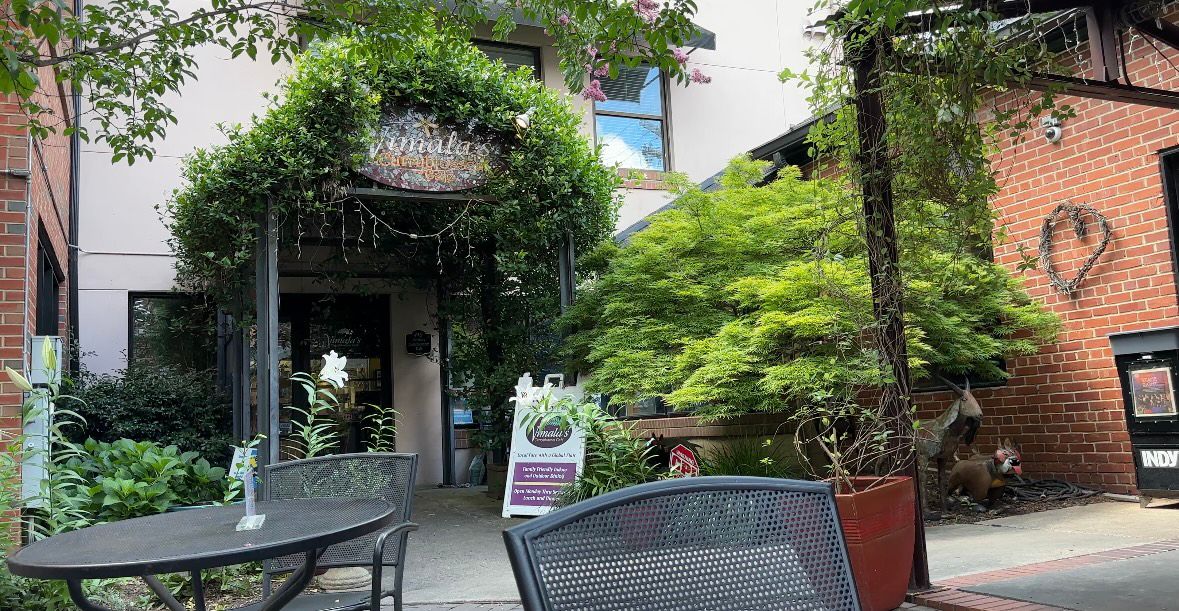LEE COUNTY, N.C. — Many food pantries depend on donations from the community to keep their shelves stocked, but a food bank in Lee County is pioneering a way to not only be sustainable, but also self-sufficient.
- Hydroponic farms allow growers to have year-round, fresh produce
- Christians United Outreach Center has four units that can each hold 277 plants
- They serve 755 families each month and approximately 1,500 kids under the age of 18 each week
Christians United Outreach Center is the latest home to a hydroponic farm in North Carolina. Now they can grow 365 days a year without regard to weather, pests or disease and provide a continuous food supply for their clients.

“We found that during COVID, grocery stores did not have a lot of leftover produce,” Teresa Kelly, the executive director of the center, said. “When we depend on that gleaning, we depend on that harvesting from them during the week and if we're not getting that product, there's no availability.”
She said the winter months are often the hardest time to find fresh produce in a food pantry. In the fall, many farmers and grocery stores have a surplus to donate, but the colder months tell a different story.
“Fresh produce is always a question and an issue for us,” Kelly said. “Fresh fruits and vegetables are expensive. Even in the grocery store they are the things that get passed by because it's cheaper to buy a can of soup.”
The futuristic solution is an expensive one though, with each hydroponic unit costing $4,500. This is the fifth hydroponic farm in our state to be installed through grants from United Healthcare. Each one serves a similar purpose of allowing for year-round farming.

“This is not something we ventured out to do, to become farmers here in our agency,” Kelly said. “Right now, we can harvest lettuce about every 28 days.”
According to MyPlate, half of a balanced diet should be fruits and vegetables, but for nearly 9,000 people in Lee County, that plate may not be full to begin with. Data from the Food Bank of Central and Eastern North Carolina shows that 23% of children under 18 in Lee County are food insecure.
“We are concerned that our children in our community don't get the health and nutrition that they need,” Kelly said. “We always have to think out of the box, that's part of being in a nonprofit, you always have to think about your funding, where you're gonna get things and how you're going to grow and meet the needs of our community.”








)